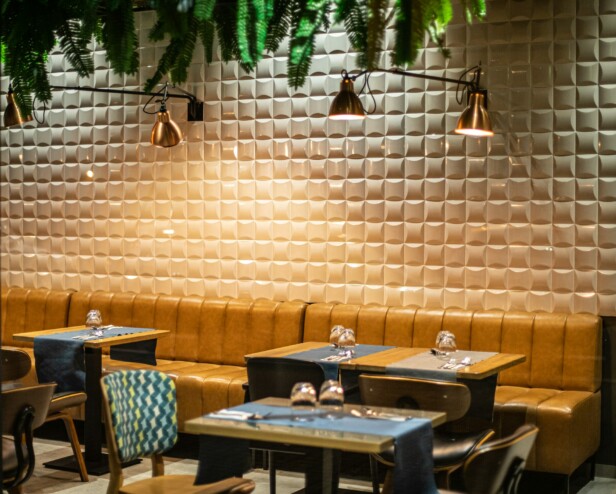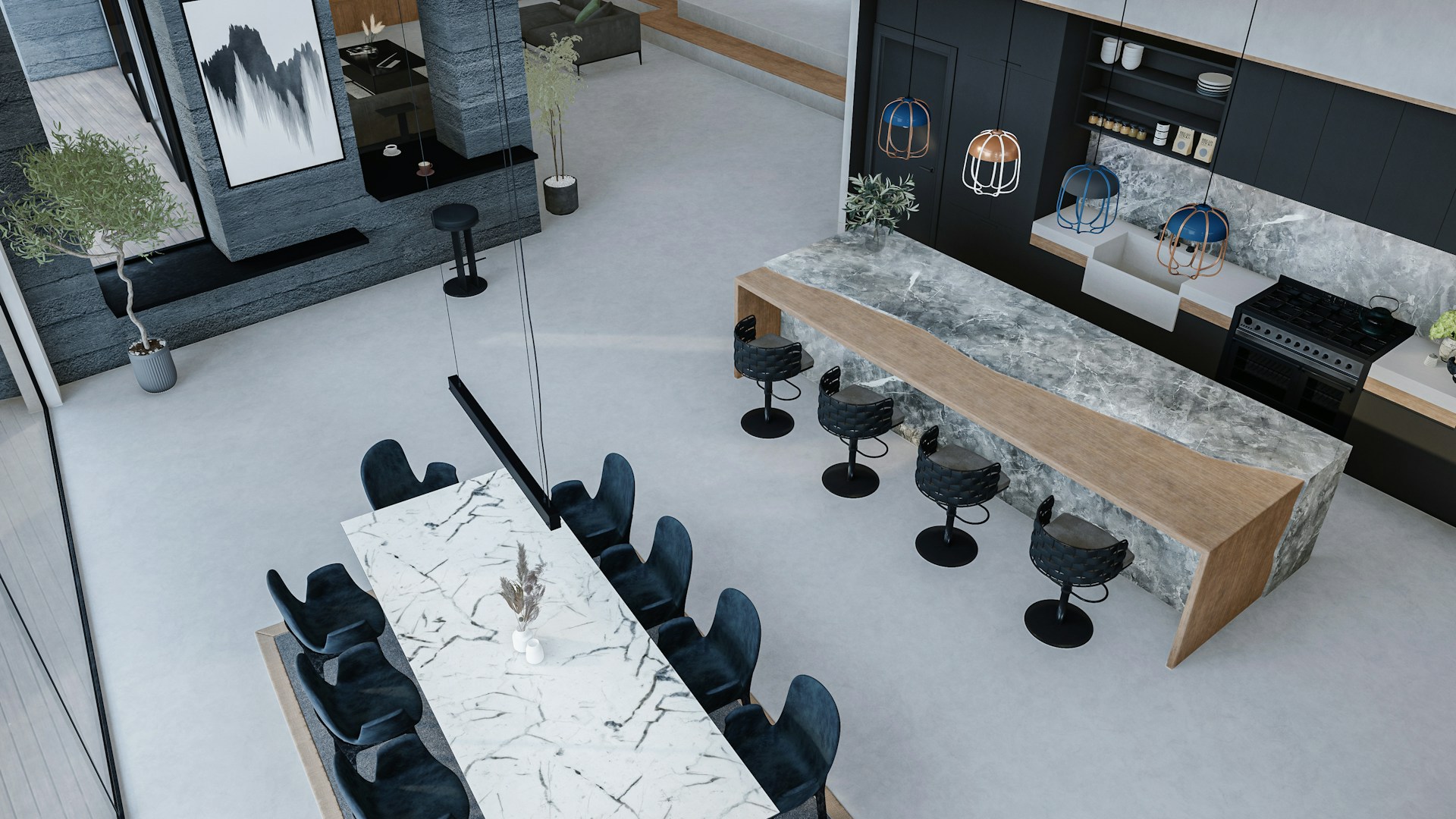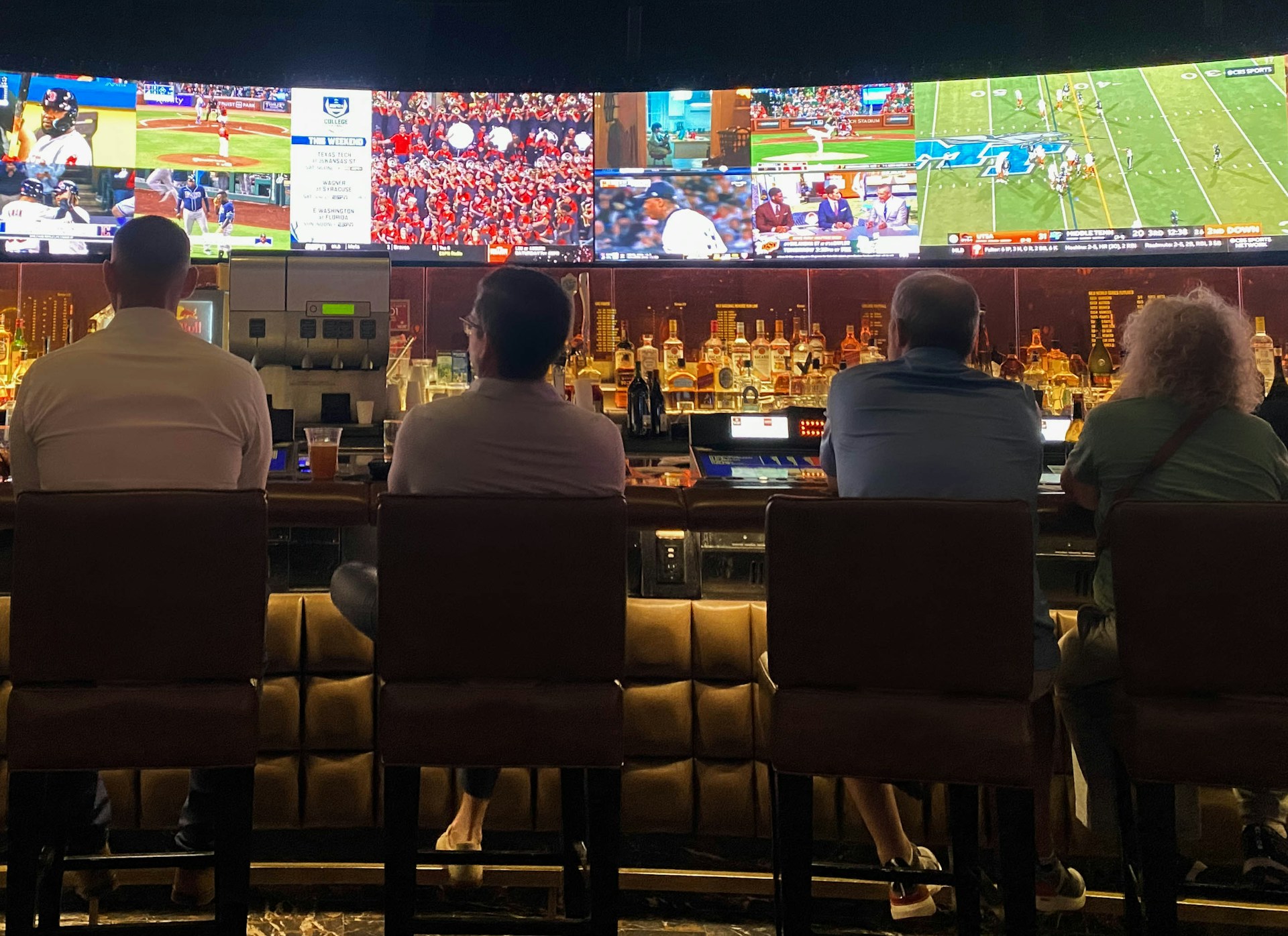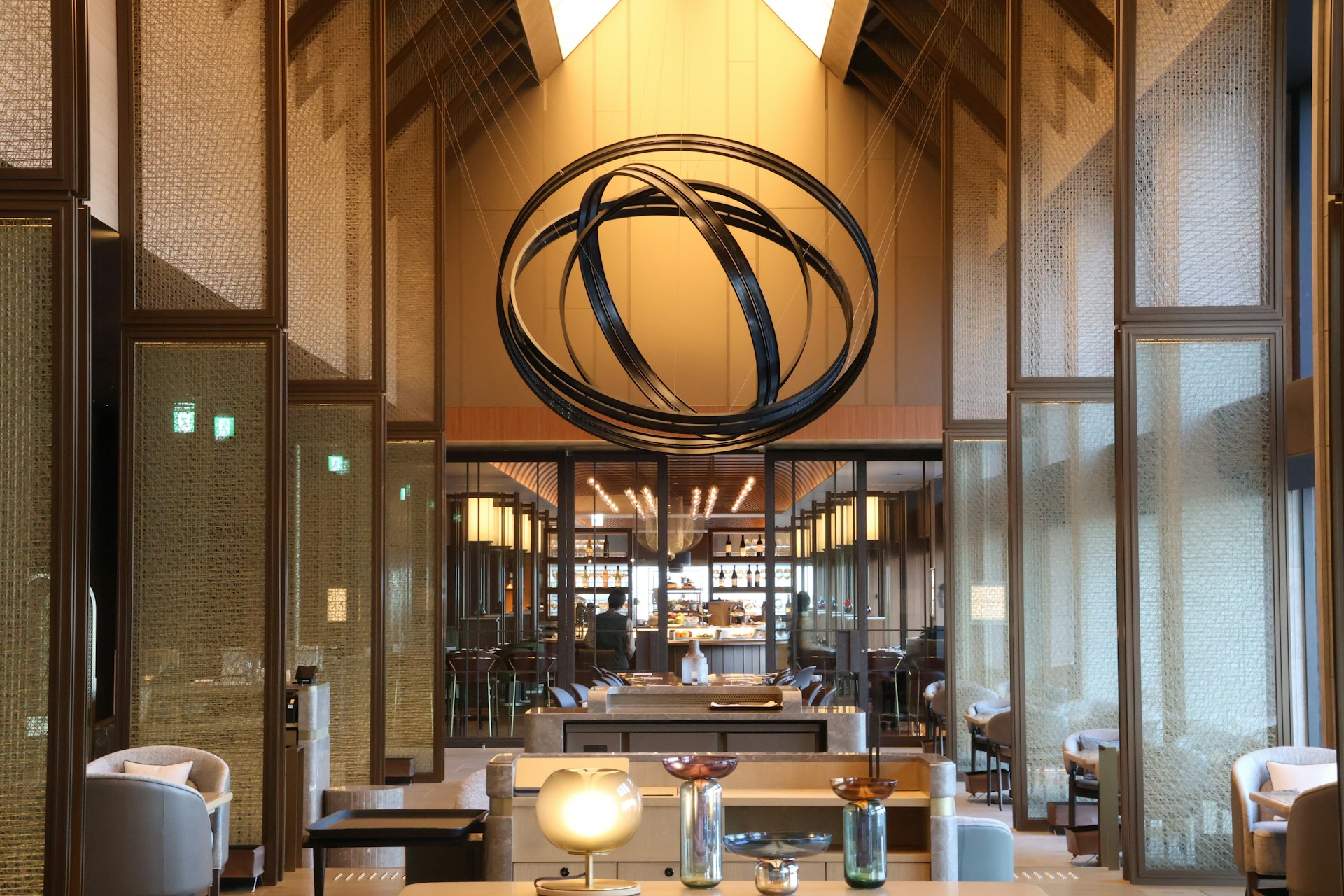Restaurant construction in Dallas requires dual approvals that can catch many operators off guard. The Texas city operates separate permit tracks through different departments, creating coordination challenges that can derail project schedules without proper sequencing.
We begin every Dallas restaurant buildout permit process with the Consumer Health Division at the Oak Cliff Municipal Center before touching construction permits. This Food Establishment Permit application triggers health department coordination while establishing the foundation for Building Inspection plan submissions through Dallas’s Sustainable Development & Construction office under Chapter 17 Food and Drug Code requirements.
Which Permits And Approvals Are Required Before A Dallas Restaurant Buildout?
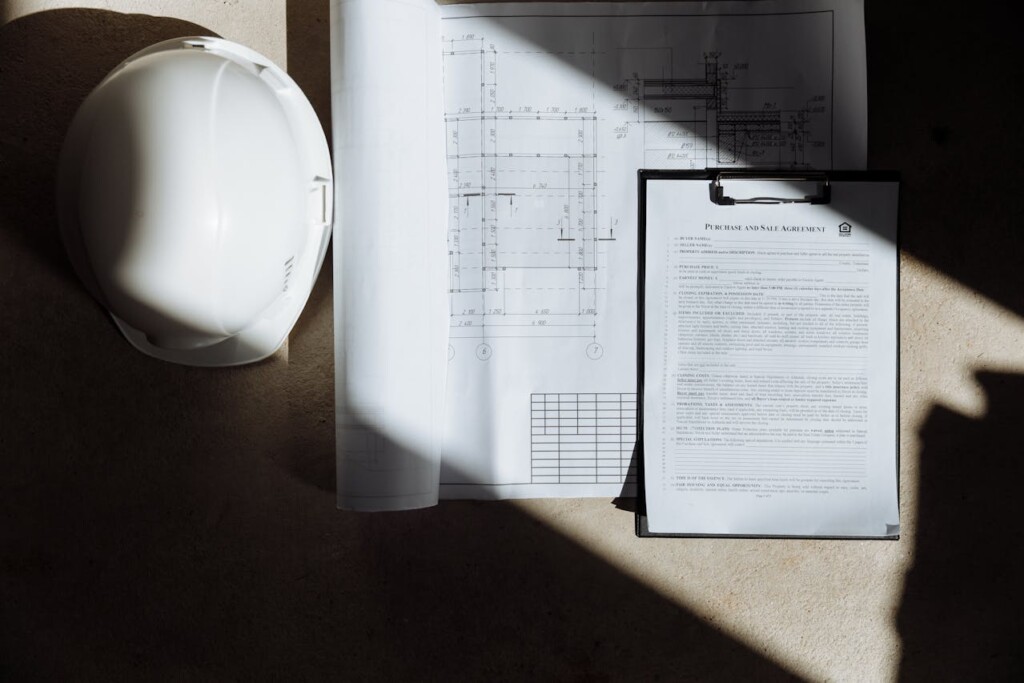
Restaurant buildout projects in Dallas require coordination across multiple permitting agencies. We work with three primary authorization levels: city health approvals, building permits, and state-level certifications.
City Health Authorization
The Dallas Food Establishment Permit serves as your primary local health authorization. Submit a valid government-issued photo ID, the facility owner’s Texas sales tax and use permit, and the $121 application fee to the Consumer Health Division.
Annual health permit fees operate on a three-tier risk assessment structure based on facility size and operational complexity. Risk Level One establishments pay $141 for facilities under 2,000 square feet or $155 for larger spaces. Risk Level Two operations face $283 and $308 respectively, while Risk Level Three facilities pay $468 for smaller facilities and $513 for those exceeding 2,000 square feet.
Kiosks and self-service establishments require specialized processing at the Goforth Road location. These facilities face a $240 annual fee plus a $205 plan review fee and must complete commissary approval forms as part of their application requirements.
Building Authorization
Building permits cover new construction, remodels, change of use, and ownership transfers. Since May 1, 2024, all commercial applications must be submitted online through the City’s Building Inspection system, reflecting Dallas’s transition to streamlined digital processing.
Plan submission requires two identical plan sets that detail floor layouts, fixture placements, and critical infrastructure elements. Projects involving structural modifications or complex mechanical systems require sealed plans from a licensed architect or engineer. We coordinate with design professionals early to ensure plan completeness and avoid revision cycles that extend review timeframes.
State-Level Requirements
Most food service establishments require a Texas DSHS Retail Food Permit unless specifically exempted. Fees range from $250 to $750 based on gross annual food sales, creating a tiered system that scales with business size.
A Certified Food Manager certification becomes mandatory under Dallas City Code Chapter 17. The establishment must have a valid food service manager at the time of permit approval, ensuring proper food safety oversight from day one.
Food Handler Certifications apply to all individuals involved in food preparation and service. Each employee handling food must complete this training within specified timeframes after hiring.
A Sales Tax ID Number registration with the Texas Comptroller remains essential for tax compliance. This state-level requirement enables proper sales tax collection and remittance throughout operations.
How Should You Sequence The Dallas Restaurant Permit And Inspection Steps?
Coordinating Dallas restaurant permits requires precise timing across multiple city departments. We structure each project by establishing health department approvals first, then moving through building permits, plan reviews, and inspection scheduling to maintain project momentum while ensuring regulatory compliance.
Health Department Foundation
We begin every restaurant project by securing the Food Establishment Permit at the Oak Cliff Municipal Center before any construction activity starts. This initial step establishes coordination with the Consumer Health Division and demonstrates health department engagement from project inception. The health permit application creates the regulatory foundation that supports all subsequent Building Inspection system submissions.
Early health department coordination prevents delays later in the construction process. We file this permit application immediately after project approval to begin the regulatory timeline that runs parallel to design development and construction planning phases.
Plan Submission Strategy
Commercial building permit applications require online submission through Dallas’s digital platform, reflecting the city’s May 2024 transition to electronic processing. We prepare two identical plan sets that detail floor layouts, fixture placements, room finishes, and critical infrastructure elements including floor drains, hub drains, handwash sinks, and equipment locations. These drawings must demonstrate compliance with Dallas City Code Chapter 17 standards and zoning adherence requirements.
Projects involving structural modifications or complex mechanical systems often require sealed plans from licensed engineers or architects. We engage design professionals early in the process to ensure plan completeness and avoid revision cycles that extend review timeframes. This proactive approach prevents common submission issues that delay approval schedules.
Plan Review Timeframes
The Sustainable Development & Construction office reviews submitted plans for code compliance with established timeframes that vary by project complexity. Commercial remodels typically complete first-round reviews within approximately 12 business days, while new commercial construction projects require 20 or more business days for comprehensive evaluation. These timeframes account for coordination between multiple city departments examining different aspects of the proposed construction.
For time-sensitive projects, we utilize Dallas’s Q-Team expedited review service. This premium service accelerates the approval process through personalized meetings with subject matter experts from zoning, building code, fire department, and engineering departments. Q-Team sessions can significantly reduce review timelines, though additional fees apply based on project size and complexity.
Inspection Coordination
Restaurant inspection scheduling operates on dual tracks requiring coordination between health and building departments throughout construction phases. Health inspections begin after Food Establishment Permit application submission, with applicants responsible for scheduling these reviews with their assigned permitting inspector. Building inspections follow construction milestones, with permit holders managing inspection requests at each phase of the build process.
We coordinate these inspection schedules to maintain project momentum while ensuring all regulatory touchpoints receive proper attention and documentation. The permit holder schedules building inspections through the city’s online portal or by calling the automated inspection line. This responsibility remains with the applicant throughout the construction timeline, requiring careful coordination to prevent work stoppages.
Ownership And Remodel Considerations
Ownership transitions or substantial remodeling projects trigger specific filing requirements with the Consumer Health Division. New applications become mandatory when ownership changes, operational nature shifts, or extensive renovations occur. These applications must demonstrate that all equipment and facilities meet current Chapter 17 compliance standards, regardless of previous approval dates.
Ownership change approvals operate under strict 30-day processing requirements from application submission. We manage these timelines carefully to prevent operational disruptions and ensure seamless transitions for restaurant operations. This compressed schedule demands thorough preparation and documentation to meet regulatory deadlines without compromising construction quality or safety standards.
What Plan, Construction, And Equipment Standards Must Dallas Restaurant Buildouts Meet?
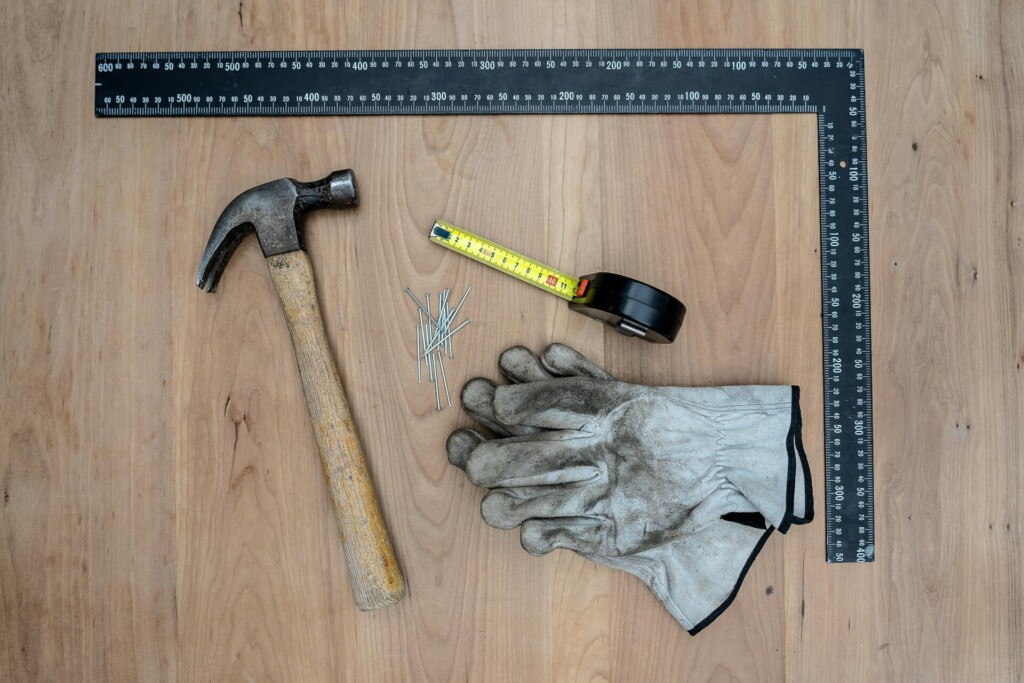
Dallas restaurant buildouts must comply with comprehensive construction standards under Chapter 17 that address every system from structural envelope to equipment specifications. We coordinate these requirements during design development to ensure projects meet code compliance before construction begins.
Building Envelope And Pest Control Requirements
Exterior doors require self-closing mechanisms and tight-fitting seals to prevent rodent and insect infiltration. All doors leading to outdoor areas must maintain these specifications throughout operations. Service windows need either self-closing hardware or 16-mesh screening to meet pest exclusion standards.
Utility installations follow strict routing requirements. We install electrical, plumbing, and mechanical lines within floors, walls, or ceiling cavities with proper stub-outs at equipment locations. Floor-mounted utility runs create sanitation violations and inspection failures under Dallas code standards.
Interior Finish Material Standards
Food preparation, warewashing, and restroom areas demand smooth, non-absorbent, easily cleanable surface materials. We specify sealed concrete, terrazzo, ceramic tile, or quarry tile for flooring systems. All floors slope toward trapped floor drains to eliminate standing water conditions that violate health codes.
Wall systems require rigid, high-density materials such as fiberglass-reinforced plastic panels, ceramic tile, or stainless steel installations. Joint finishes use non-absorbent grout compounds impregnated with epoxy, silicone, or polyurethane. We avoid FRP panels behind heat-generating equipment like fryers and griddles due to thermal degradation concerns.
Ceiling construction utilizes smooth, non-absorbent materials or T-type lay-in acoustical tiles. Light-colored finishes throughout kitchen and dishwashing areas facilitate cleaning operations and health inspections.
Plumbing Systems And Water Protection
Handwash sink placement falls within 25 unobstructed linear feet of food handling and warewashing work areas. Doors constitute obstructions under Dallas code interpretation, requiring careful layout coordination. Each handwash station needs hot and cold water through mixing faucets with proper temperature controls.
Warewashing facilities utilize either three-compartment stainless steel sinks with drain boards or NSF-certified commercial dishwashers. Bar operations require four-compartment stainless steel sinks with attached drain boards. All sinks connect to mixing valves for proper water temperature delivery.
Backflow prevention devices protect potable water systems from contamination. We install air gaps at food contact equipment including preparation sinks, ice bins, and ice machines. These gaps maintain twice the diameter of water supply inlets to prevent back-siphonage conditions.
Commercial Equipment Specifications
All food service equipment must meet NSF or equivalent commercial standards. We mount units on six-inch bullet legs, casters, sealed floor connections, or smooth concrete platforms with minimum two-inch clearance heights. Adequate spacing between walls and equipment enables thorough cleaning access during operations.
Domestic appliances including residential ranges and refrigerators violate commercial food service requirements. Temperature-controlled equipment needs adequate capacity with numerically scaled thermometers for monitoring. We specify commercial-grade installations designed for continuous food service rather than residential applications.
Remote equipment like water heaters, refrigeration compressors, and HVAC systems cannot locate within food preparation or warewashing areas. Fire suppression equipment requires installation outside these zones or within smooth, easily cleanable metal enclosures.
Ventilation And Lighting System Requirements
Vented hoods with removable filters install over all cooking surfaces according to mechanical code specifications. Building Department Technical Services handles sizing calculations based on equipment loads and kitchen configurations. Proper hood installation prevents grease accumulation and maintains air quality standards.
Lighting intensity requirements specify 50 foot-candles at food preparation and warewashing work surfaces. Other areas maintain minimum 10 foot-candle levels measured 30 inches above floor level. We install protective shields, shatterproof bulbs, or tuff-coating on fixtures in food handling areas to prevent glass contamination.
Walk-in refrigeration and storage areas follow the same 10 foot-candle standard during cleaning operations. Heat lamps need protective shields extending beyond bulb dimensions while leaving face exposure for proper function.
Grease Management System Design
Grease trap installations preferably locate outside building envelopes to serve all kitchen sinks, dishwashers, and floor drains. When exterior placement proves unfeasible, we install flush-floor mounted traps with sealed lids outside food preparation zones. Building Department Technical Services provides sizing calculations based on fixture loads and discharge requirements.
Interior grease trap installations require liquid-tight lids flush with floor surfaces to prevent contamination issues. These systems must remain easily accessible for cleaning maintenance while meeting plumbing code requirements for proper operation.
Food Contact Surface Material Requirements
Food contact surfaces require non-corrosive materials including stainless steel or anodized aluminum construction. We prohibit painted surfaces, laminated wood products, and galvanized materials for direct food contact applications. These specifications ensure durability under commercial cleaning chemical exposure and frequent sanitization cycles.
Exposed wood or particleboard cannot install in food preparation, warewashing, or walk-in refrigeration areas. Limited exceptions exist for hard rock maple cutting blocks and baker’s tables meeting specific density standards. Non-food contact surfaces exposed to splash or cleaning require smooth, washable materials with minimal ledges that harbor contaminants.
What Fees, Renewals, And Penalties Should Dallas Restaurant Projects Plan For?
Dallas restaurant permit fees operate within a structured system that requires careful budget planning from project inception through annual operations. We coordinate with clients to understand these fee schedules and ensure proper timing of payments to avoid costly penalties and operational disruptions.
The City requires a $121 application fee at submission for the Food Establishment Permit, establishing the foundation for health department coordination. Annual health permit fees follow a three-tier risk assessment structure that considers both operational complexity and facility size. Risk Level One establishments pay $141 for facilities 2,000 square feet or smaller, or $155 for larger spaces.
Risk Level Two operations face higher fees at $283 and $308 respectively, while Risk Level Three establishments pay $468 for smaller facilities and $513 for those exceeding 2,000 square feet. These risk assessment tiers reflect the complexity of food preparation processes and the potential public health impact of different restaurant types.
Additional Fee Schedules And Project-Specific Costs
Pre-inspection services add approximately $100 to project costs, while plan review fees reach around $200 for most commercial restaurant buildouts. These fees support the technical review process that ensures compliance with Dallas Chapter 17 standards before construction begins.
The City’s fee guidelines also list application fees at $300 for certain establishment categories, with annual permits ranging from $350 for facilities under 2,000 square feet to $425 for larger operations. Multi-tenant properties face additional complexities, with second facilities in the same building charged $300 or $400 depending on size and risk classification.
Kiosk and self-service establishments require specialized processing at the Goforth Road location. These operations include a $240 annual fee plus a $205 plan review fee, along with mandatory commissary approval forms that add another layer of coordination and documentation requirements.
Critical Renewal Deadlines And Penalty Structure
Annual health permits expire on December 31st each year, creating a non-negotiable deadline that affects all food service operations. Missing this deadline triggers immediate financial penalties that escalate quickly without proper resolution.
Late renewals automatically incur a $199 reinstatement fee on top of the standard annual permit cost. The penalty structure becomes more severe for establishments that fail to resolve their renewal status promptly. Properties that do not remit both the reinstatement fee and permit fee by January 30th face an additional $158 pre-closure fee.
This creates a potential $357 penalty structure for operations that miss the year-end deadline by just one month. We emphasize this timeline to all restaurant clients because the financial impact can significantly affect cash flow during typically challenging winter months when many food service operations experience seasonal revenue fluctuations.
Inspection Fees And Re-Inspection Requirements
Inspection scheduling falls to the permit holder for both health and building inspections throughout the construction and operational phases. We manage these coordination requirements to ensure inspections align with construction milestones and avoid delays that could impact opening schedules.
A $191 re-inspection fee applies when health inspection scores fall below 80%, serving as both a quality enforcement mechanism and revenue generator. This fee structure incentivizes thorough preparation for initial inspections and maintains high operational standards across all food service establishments.
The re-inspection process requires additional scheduling coordination and can delay opening timelines if multiple attempts are needed to achieve passing scores. We work with restaurant operators during pre-opening phases to address potential compliance issues before the initial inspection occurs.
Conclusion And Next Steps

Successfully navigating Dallas restaurant permitting requires coordinated action across multiple agencies and deadlines. Begin with the Food Establishment Permit from the Consumer Health Division to establish health authority coordination before any construction activity. Submit commercial building permits online through the Building Inspection system with complete plan sets that show layouts, finishes, and critical infrastructure elements. Design to Dallas Chapter 17 standards from day one to avoid costly revision cycles that extend review timeframes.
Plan for 12 business days for commercial remodels and 20+ business days for new commercial projects during the plan review phase. Consider Q-Team expedited review if project timelines require accelerated approval schedules. Coordinate health and building inspections around construction milestones, remembering that permit holders are responsible for scheduling these critical reviews with their assigned inspectors. Budget for application fees, plan review charges, and annual health permits, and track the December 31 renewal deadline to avoid reinstatement and pre-closure penalties that can impact operations.
Contact EB3 Construction to coordinate the sequence, documentation, and inspections so your project stays compliant and on schedule.

